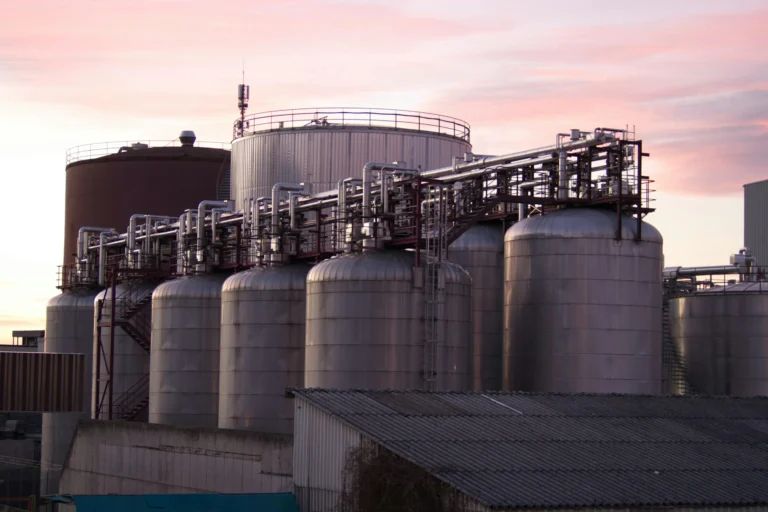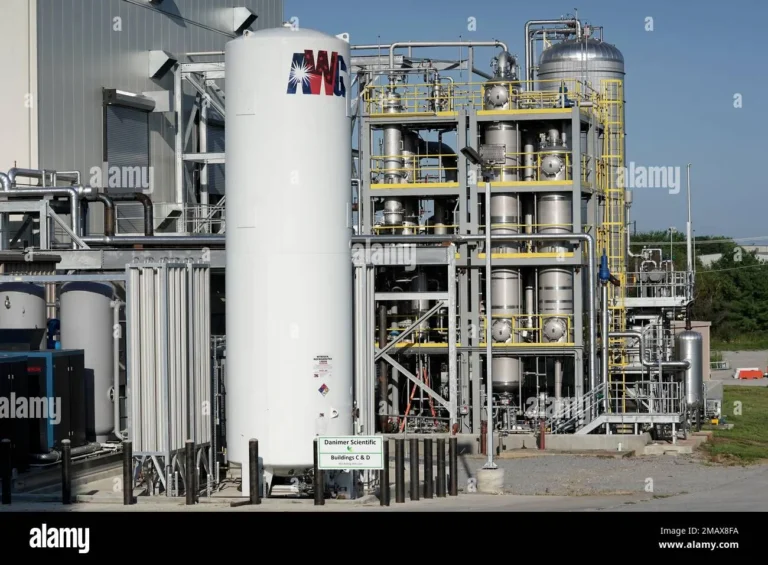
Stratasys has published its third Mindful Manufacturing™ ESG (Environmental, Social, and Governance) and Sustainability Report, highlighting its ongoing commitment to ESG excellence and sustainable additive manufacturing. The report, aligned with the Global Reporting Initiative (GRI) and referencing Sustainability Accounting Standards Board (SASB) standards, showcases Stratasys’ dedication to best-in-class corporate governance, environmental stewardship, and social impact.
Advancing Decarbonization through 3D Printing
Under its Mindful Manufacturing™ strategy, Stratasys continues to focus on carbon reduction across its product portfolio and supply chain. These initiatives enable customers to achieve environmental targets while improving operational efficiency. As industries shift towards localized, agile production, Stratasys positions 3D printing as a transformative solution for reducing supply chain dependency and addressing climate challenges.
ESG Report Highlights
The report outlines notable achievements across three key focus areas:
Environmental Achievements
- Renewable Energy and Emissions Reduction: Consumed 778,365 kWh of renewable energy, avoiding 554 tons of CO2-e emissions—the equivalent of planting 8,991 trees.
- Water and Emissions Intensity Reductions: Achieved a 15.5% reduction in greenhouse gas (GHG) emissions intensity and an 11.7% reduction in water intensity.
- Circular Initiatives: Launched a Certified Pre-Owned (CPO) printer program and reused 590 tons of products through recycling programs.
- Lifecycle Assessment: Conducted a comprehensive lifecycle inventory for PolyJet™ technology and achieved 90% data coverage for key environmental metrics.
Social Impact
- Inclusive Policies: Introduced the Equal Parent Policy, increasing parental leave uptake, particularly among male employees, by 17%.
- Employee Engagement: Sustained an all-time high employee engagement score of 73 and provided over 33,700 training hours.
- Diversity and Safety: Implemented four KPIs focused on diverse hiring practices and reduced the total recordable incident rate by 37%.
- Customer Collaboration: Established the Strategic Industrial Customer Advisory Board to foster collaboration with industry-leading partners.
Governance Excellence
- Integrity and Compliance: Reported zero incidents of corruption, data leaks, or product health and safety noncompliance.
- Leadership in ESG: Appointed S. Scott Crump, inventor of FDM® technology, as ESG & Climate Champion. Crump will leverage his 35 years of expertise to accelerate sustainable innovation.
Groundbreaking Innovations
Stratasys recently unveiled innovations aligned with its sustainability goals:
- SAF ReLife™ Solution: This pioneering system repurposes waste PA12 powder from powder bed fusion printers into high-quality production parts, reducing costs and cutting carbon footprints by up to 89%.
- Emissions Estimation in GrabCAD Print: This new feature enables users to calculate carbon emissions per part and build, promoting informed decision-making for sustainable production.
Commitment to Decarbonization
Stratasys is also conducting a comprehensive carbon footprint assessment of its upstream and downstream operations. These insights will guide actionable strategies to further reduce environmental impact.
“Stratasys is uniquely positioned to deliver impactful decarbonization solutions at a critical time,” said Rosa Coblens, Vice President of Sustainability at Stratasys. “Our Mindful Manufacturing™ strategy combines innovative technologies with strong partnerships to empower businesses to meet their environmental goals.”
Driving a Sustainable Future
Stratasys remains at the forefront of the additive manufacturing industry, leveraging its technology to create sustainable, efficient solutions for sectors such as aerospace, automotive, consumer products, and healthcare. Through smart 3D printers, advanced materials, and a connected software ecosystem, Stratasys enables customers to transform product design, enhance supply chain agility, and optimize production processes.







